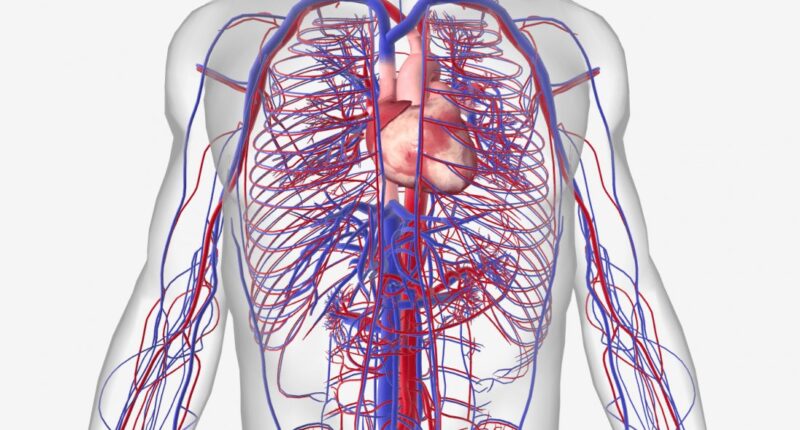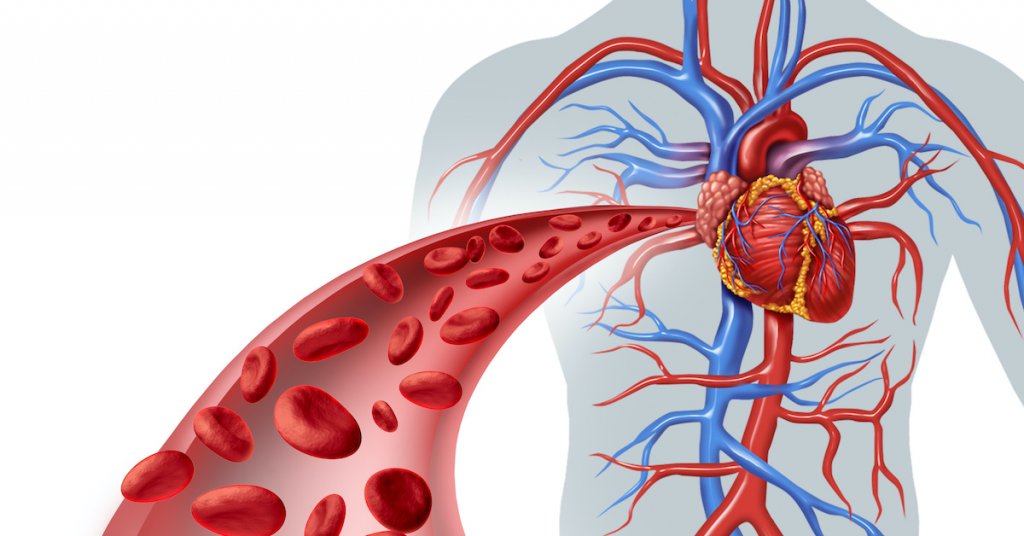Your circulatory system plays a vital role in maintaining overall health by delivering oxygen, nutrients, and essential substances throughout your body. Keeping your circulatory system healthy is crucial for preventing cardiovascular diseases and promoting well-being.
In this article, we will explore effective ways to maintain a robust circulatory system and answer frequently asked questions to help you better understand this essential bodily system.
Table of Contents
Maintain a Heart-Healthy Diet:
A heart-healthy diet is the foundation of a healthy circulatory system. Focus on consuming a variety of nutrient-dense foods, such as fruits, vegetables, whole grains, lean proteins, and healthy fats. Reduce your intake of saturated and trans fats, sodium, and added sugars, as they can contribute to high blood pressure and heart disease.
Stay Physically Active:
Regular exercise is one of the best ways to keep your circulatory system in top shape. Aim for at least 150 minutes of moderate-intensity aerobic activity or 75 minutes of vigorous-intensity activity per week. Activities like brisk walking, swimming, cycling, or dancing can improve blood flow, strengthen the heart, and maintain healthy blood vessels.
Control Blood Pressure:
High blood pressure is a significant risk factor for cardiovascular disease. Monitor your blood pressure regularly and take steps to control it through lifestyle modifications, such as reducing salt intake, exercising, managing stress, and following a heart-healthy diet. If necessary, consult your healthcare provider about medications to manage hypertension.
Manage Cholesterol Levels:
Elevated cholesterol levels can lead to plaque buildup in arteries, increasing the risk of heart disease. Maintain healthy cholesterol levels by avoiding trans fats, limiting saturated fats, and incorporating foods rich in omega-3 fatty acids (e.g., fatty fish, chia seeds, flaxseeds) into your diet.
Quit Smoking and Limit Alcohol:
Smoking damages blood vessels and increases the risk of heart disease and stroke. If you smoke, seek support to quit. Additionally, excessive alcohol consumption can harm the heart and circulatory system. Moderate alcohol consumption, if any, is recommended.
Control Blood Sugar:
If you have diabetes or prediabetes, it’s essential to manage your blood sugar levels carefully. High blood sugar can damage blood vessels, leading to circulatory problems. Work with your healthcare provider to develop a diabetes management plan.
Maintain a Healthy Weight:
Excess body weight can strain the circulatory system and increase the risk of cardiovascular disease. Aim for a healthy weight through a balanced diet and regular exercise.
Conclusion:
Maintaining a healthy circulatory system is key to a long and vibrant life. By adopting a heart-healthy diet, staying physically active, managing risk factors, and avoiding harmful habits, you can support your circulatory health and reduce the risk of cardiovascular diseases. Regular medical checkups and proactive self-care play a crucial role in keeping your circulatory system in optimal condition. Remember, small lifestyle changes can have significant positive impacts on your cardiovascular well-being.
You May Also Like | Proven Tips On How To Keep Your Gall Bladder Healthy
FAQs
Circulatory problems may present symptoms such as chest pain, shortness of breath, dizziness, numbness or weakness in limbs, and frequent headaches. If you experience any of these symptoms, it’s crucial to seek medical attention promptly.
Yes, genetics can play a role in your circulatory health. If you have a family history of cardiovascular disease, it’s essential to be proactive in adopting a healthy lifestyle to minimize potential risks.
No, not all fats are bad. Healthy fats, such as those found in avocados, nuts, seeds, and olive oil, are beneficial for heart health. It’s essential to limit unhealthy fats like trans fats and saturated fats, which can raise cholesterol levels.
Yes, chronic stress can have a negative impact on the circulatory system. Practice stress-reducing techniques like meditation, yoga, or deep breathing exercises to manage stress levels.
Regular heart health checkups are essential, especially if you have risk factors or a family history of cardiovascular disease. Consult your healthcare provider for personalized guidance on checkup frequency.










